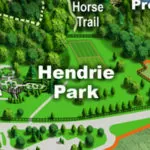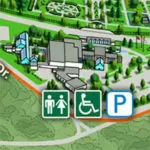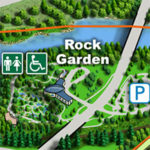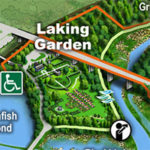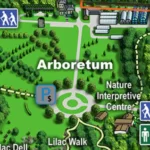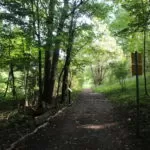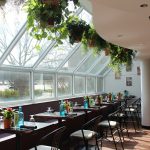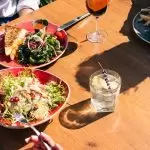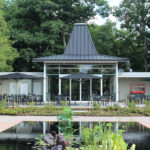| Membership | Price (+HST) |
|---|---|
| Single | $85/year |
| Single Plus | $120/year |
| Family | $130/year |
| Family Plus | $175/year |
| Contributing | $300/year |
| Supporting | $600/year |
| Sustaining | $1,000/year |
| Benefactor's Circle | $2,500/year |
| Director's Circle | $5,000/year |
| President's Circle | $10,000/year |
On the Trails: April 2024
Spring has at last come and the trails are packed with natural wonders to enjoy. Highlights include migratory birds, spawning fish, and the first of the forest wildflower (spring ephemerals) coming into bloom. Early flowering wildflowers coming into bloom include Bloodroot and Hepatica, while the woodland shrub American Hazelnut has its brilliant yellow catkins out. Forecasted warm temperatures are expected to quickly move spring flowers to plants such as Trillium, Trout Lily, and Toothwort, as well as various fruit tree species such as serviceberry. The forested areas represent the bulk of the 700+ native wild plant species found within the environmental protection areas. Try using the iNaturalist app to help you identify a plant if you are unsure.
A new environmental status report for the Cootes Paradise north side forest is available, illustrating positive and negative trends in plant and bird communities. Bird migrations are highlighted by raptors, with spectacular views available from the George North Tower (Cootes Paradise via the Arboretum). The Bald Eagles are nesting again in the Spencer Creek Delta Special Protection Area, but with a difficult view of the nest from the Marsh Boardwalk. Both juvenile and adult eagles are easily spotted in flight over Cootes Paradise Marsh from any one of the observation decks along the trails as are the many other migratory raptors and waterfowl.
The Cootes Paradise Fishway is in full operation with early-season migrations including perch, pike, and trout, returning from their lakeside homes to spawn in the shallows of Cootes Paradise Marsh and Spencer Creek. Finding suitable spawning habitats will potentially be challenging this year due to the lack of snowpack water to fill the streams and lake but conditions as of the beginning of April are fairly good.
A reminder: Wildlife feeding in RBG’s nature sanctuaries is prohibited. Frequency and amount of feeding in hotspot areas has become a big problem and is causing more harm than good. To protect the nature we love, please do not feed the wildlife.
Trail User Notes
- Creekside Walk in Hendrie Valley is in poor conditions and muddy due to late winter floods.
- Rock Chapel Parking Lot has reopened for the season.
- Arboretum Spring Hours: The Arboretum is currently open daily 8 a.m. to 8 p.m. for trail users. Please note that during peak bloom season of the flowering tree collections (late April/May/ to mid-June), Arboretum hours, admission, and parking are subject to change. Details to be confirmed.
For Your Safety
- While using our nature trails, please note that all use is at your own risk. Most of our trails are hilly and the trail surfaces are natural soil. Consider your footwear as during winter surfaces can be icy or muddy depending on the weather.
- Please stay on the marked trails to avoid trampling regenerating shrubs and trees or buried roots of understory plants such as trilliums.
- The nature trail system is considered closed during extreme weather event notifications from Environment Canada.
- Cross country skiing and mountain bikes/fat bikes are not allowed as our trails are not designed to accommodate these activities.
- Please be aware ticks, including those carrying Lyme Disease, are found throughout the Hamilton/Burlington area and are active at temperatures above 0°C. Protect yourself by staying on marked trails. RBG does not accept ticks for testing. For inquiries regarding ticks, please contact the Region of Halton or City of Hamilton Public Health.
Explore RBG’s Trails
RBG’s nature sanctuaries feature more than 27 km of nature trails! Find maps, guided hike schedule, and more.

